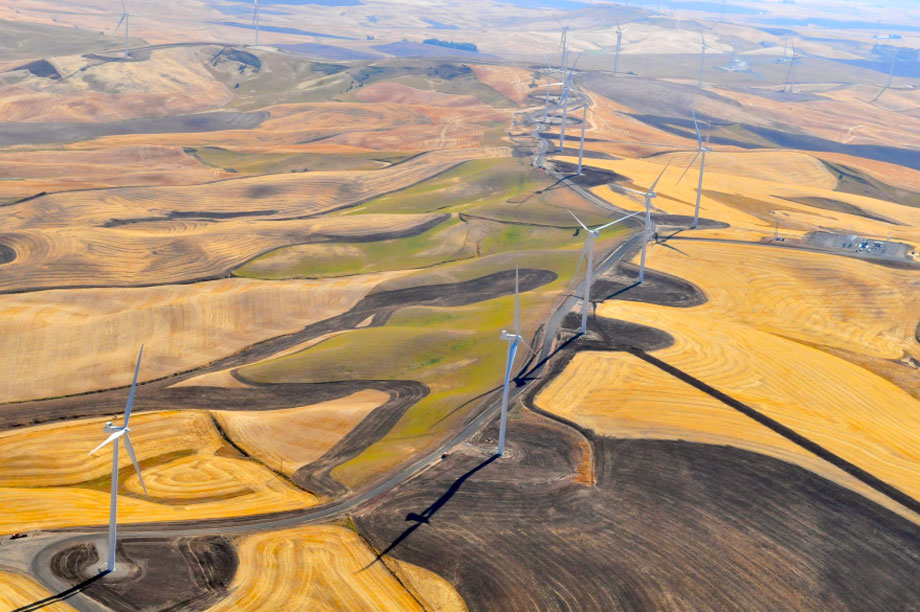"This deal to me makes a lot of sense," said Daniel Sinaiko, a partner at the law firm Akin Gump and a member of its global project finance group. "What SunEdison bought was a first-tier developer with a 8GW-plus pipeline of operating projects and near-term and long-term development assets, which is not something you are going to find easily in the market."
The transaction, expected to close in the first quarter of 2015, will see SunEdison pay $1 billion upfront for 1.6GW of late-stage projects expected online in the next three years and 6.4GW of additional development opportunities. It will also make an additional $510 million payout dependent on First Wind completing backlog projects.
TerraForm Power, a separate company created by SunEdison earlier this year to own and operate power plants, will purchase First Wind's 521MW operating portfolio for $862 million. In addition to the immediate injection of new capacity, TerraForm also has the right to acquire the 1.6GW of near-term First Wind projects as they are completed.
"I think this deal puts TerraForm in quite an advantageous position in terms of future capacity additions," said Daniel Shurey, an analyst at Bloomberg New Energy Finance. "We're estimating this would give TerraForm a 185% growth potential relative to its existing fleet. It is pretty big, pretty significant. Growth potential is one of the most important defining aspects of a yieldco."
It also brings important technological and geographic diversity to TerraForm's asset base, Shurey added.
The ability of First Wind to bring its late-stage projects — all of which qualify for production tax credit or investment tax credit subsidies — to fruition will be a key factor in determining whether the multi-billion-dollar price tag was worth it.
"First Wind staked half a billion dollars on the near-term development assets, so they must have a lot of confidence. If that stuff does not develop, I don't whether it would turn out to be such a great deal for anybody. The cost of the operating assets if the development pipeline is a bust is going to be pretty high," said Sinaiko.
Role of yieldcos
The First Wind deal reflects the growing dominance of yieldcos in the merger and acquisition market, said Sinaiko, the result of a lower cost of capital that is squeezing out other potential buyers such as utilities. "I also think it is an evolutionary step," he said. "That lower cost of capital has created demand for one-off projects, and then portfolios of projects, and now for the acquisition of an entire business that includes operating and development assets."
However, this does not mean the market has suddenly opened wide for development companies looking for a buyer.
"The transaction has got a lot of attention because it is big, and I think it is probably feeding some irrational exuberance on the part of smaller-scale developers," said Sinaiko. [But if I were a developer who had a smaller pipeline or less-established business, I don't know if this would translate necessarily into a better market for my assets. There was a lot of value here that other developers are not going to be able to bring to the table."
One the development side, both SunEdison and First Wind emphasised the potential for international expansion, a path both Sinaiko and Shurey see US-based developers increasingly taking in the face of policy and market uncertainty.
"We see significant opportunities in wind globally. On our own we're looking at 1-2GW but we felt we could not execute on it," said SunEdison CEO Ahmad Chatila. The acquisition of First Wind, gives it the vehicle it needs. There are markets where SunEdison is active in solar, like India, where the business case for wind is much better. "We're going to go after the countries where wind is very valuable," said Chatila.
Even before the acquisition, First Wind was looking for a way to leverage its US success on the global stage, said First Wind CEO Paul Gaynor. "Taking our understanding of the wind business, and marrying that with SunEdison's development presence internationally can really turn this company on fire."

.png)



.png)









